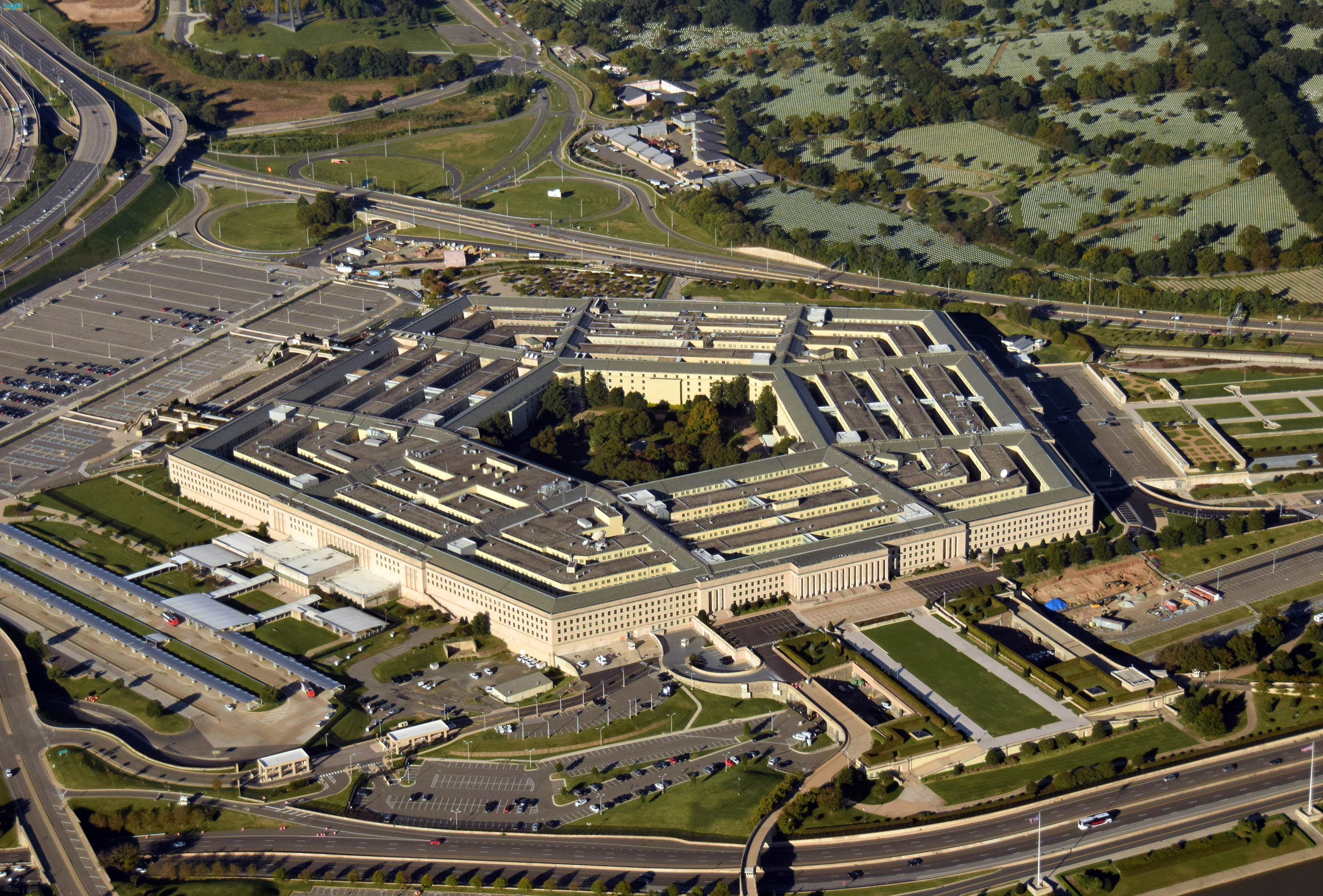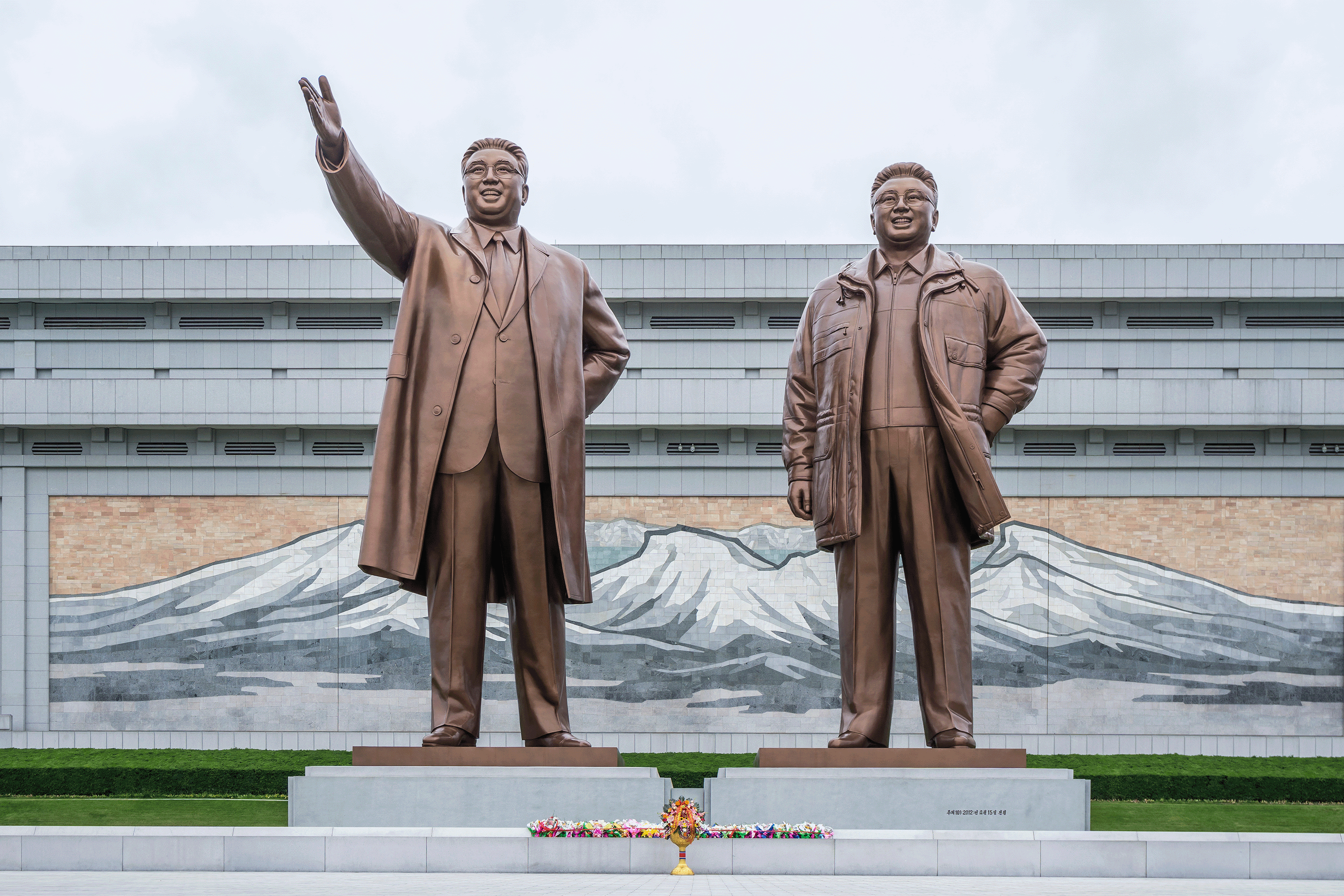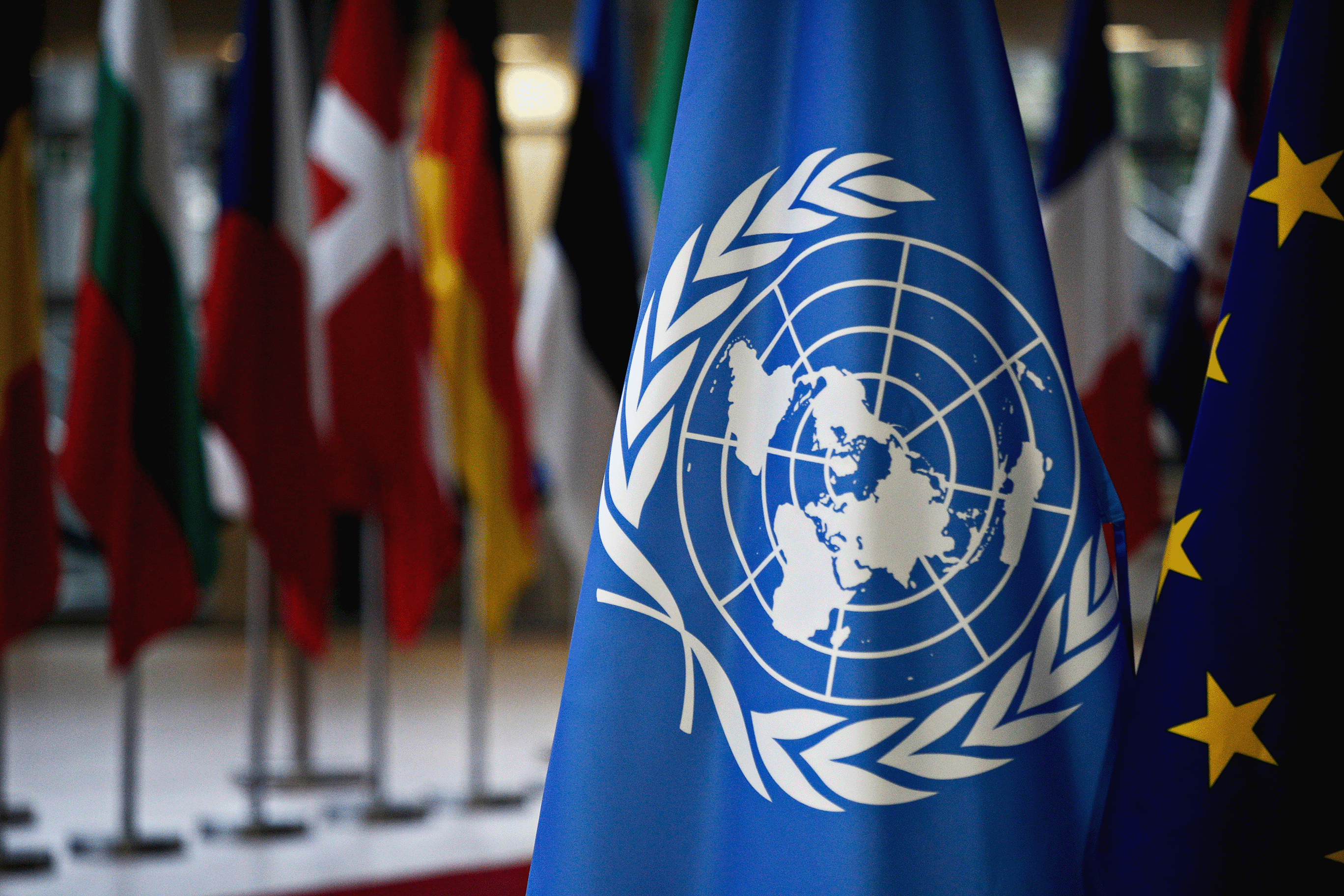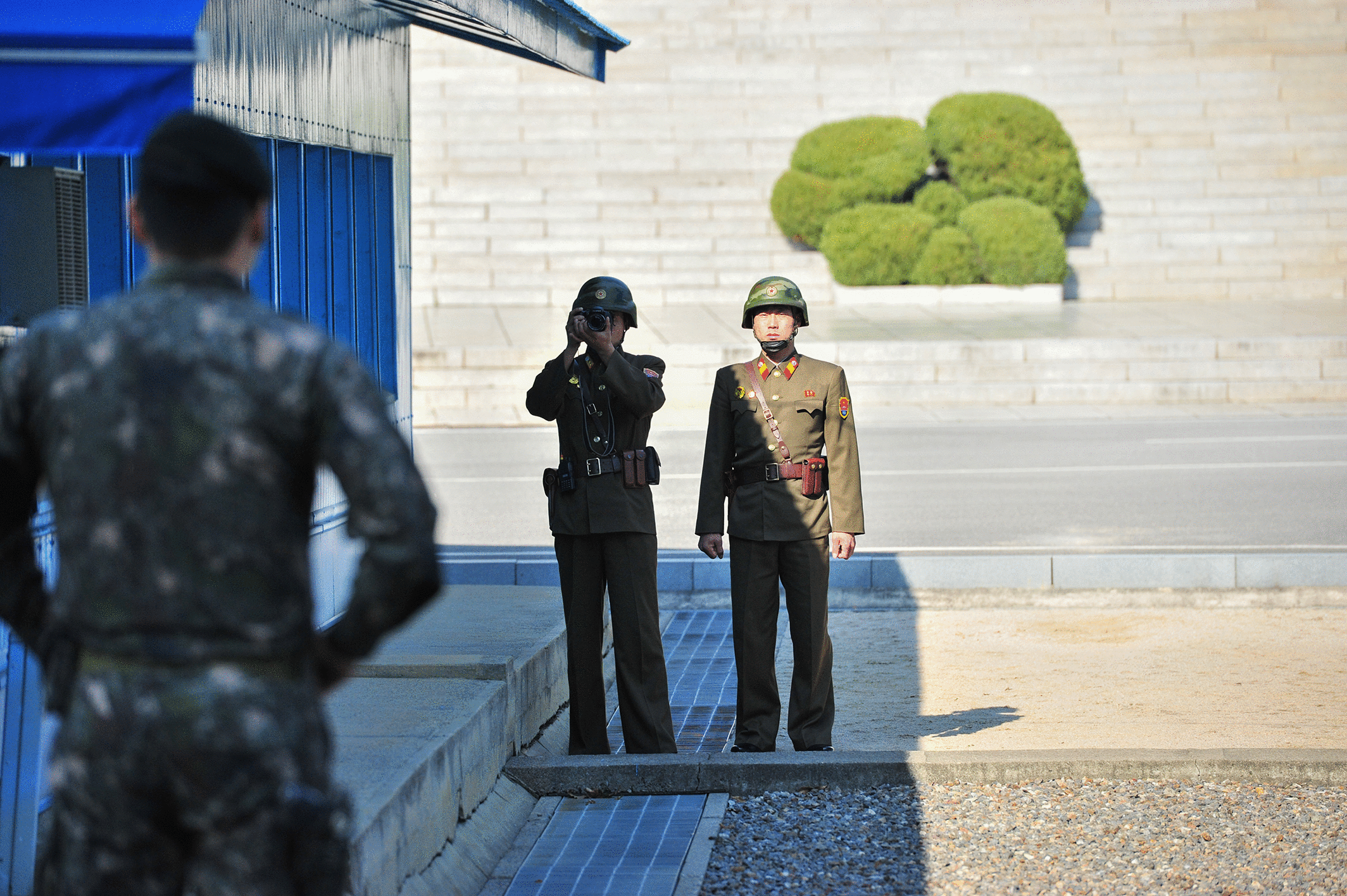
NK Update for December 2021
Special Report | January 10, 2022
Minah Kang
Ph.D. Applicant at Johns Hopkins University
In “NK Update for December 2021,” Minah Kang, Ph.D applicant at Johns Hopkins University, examines the events that unfolded over the past month concerning the Korean Peninsula. Results of the Global Posture Review, touching upon the importance of cooperation in the Indo-Pacific, were published on November 29. The UN General Assembly adopted Japan's resolution on the CVID (complete, verifiable, and irreversible denuclearization) of North Korea and the international regime for nonproliferation. The Summit for Democracy was held on December 9-12, in which leaders of democracies discussed ways to tackle authoritarianism, corruption, and infringements on human rights. The second G7 Foreign and Development Minister's Meeting was held on December 10-12. Lastly, North Korea commemorated the 10th anniversary of Kim Jong Il's death.
1. 2021 Global Posture Review
The U.S. Department of Defense published the results of the Global Posture Review (GPR) on November 29, 2021. Main points of the GPR include strengthening cooperation among allies in the Indo-Pacific against potential threats from North Korea and China’s military attacks. The GPR also notes that the U.S. will pursue infrastructural development in Australia and the Pacific Islands and increase military accessibility through the permanent stationing of a previously-rotational attack helicopter squadron and artillery division headquarters in South Korea. In response to the GPR’s release, Japan’s Ministry of Foreign Affairs stated that the GPR’s goals will strengthen the U.S.-Japan alliance in maintaining regional peace as part of the Indo-Pacific strategy. Japan’s Ministry of Defense also supported the GPR; in particular, the ministry emphasized the importance of coordination between South Korea, the U.S., and Japan in responding to North Korea’s continuous missile provocations.
2. The Adoption of “Joint Courses of Action and Future-oriented Dialogue towards a World without Nuclear Weapons”
Japan’s draft resolution “Joint Courses of Action and Future-oriented Dialogue towards a World without Nuclear Weapons,” was adopted with 158 votes at the United Nations General Assembly plenary meeting. North Korea, China, Russia, and Syria voted against the resolution at both the first committee and the plenary meeting. The resolution stated that North Korea is the only nuclear power outside of the Nuclear Proliferation Treaty (NPT) and urged the North to carry out “complete, verifiable, and irreversible denuclearization (CVID).” The resolution also specified that it welcomed diplomatic efforts such as dialogue between the U.S. and North Korea. Above all, it stressed the importance of the international regime for nonproliferation and stated that North Korea was obligated to carry out terms of the treaty.
At the 5th Ministerial Meeting of the Stockholm Initiative for Nuclear Disarmament and the Non-Proliferation Treaty, Japanese State Minister for Foreign Affairs Odawara Kiyoshi presented Japan’s draft resolution on nuclear disarmament and expressed concerns on North Korea’s development of nuclear weapons.
3. Summit for Democracy
President Biden chaired the virtual “Summit for Democracy” on December 9-12, 2021. This meeting brought together leaders from democratic governments, civil society, and the private sector. The key agenda of the meeting included responding to authoritarianism, eradicating corruption, and promoting human rights. North Korea, China, and Russia were excluded from the list of invited countries. The summit proposed the “Export Controls and Human Rights Initiative,” which was introduced to prevent authoritarian governments from using technology in ways that infringe on human rights.
Meanwhile, North Korea’s Ministry of Foreign Affairs criticized the “Summit for Democracy” claiming that it was a byproduct of Cold War mentality and instigated ideological confrontations. It also indicated that “the U.S. unhesitatingly labelled other countries with ‘anti-democracy system’ while absolutizing and embellishing its unilateral standard.” China’s Ministry of Foreign Affairs also criticized the U.S.’ advocation for “democracy” and released a report on the state of U.S.’ democracy. The report touched upon the problem of political funds, polarization, racism, and U.S.’ inadequate response to COVID-19.
4. G7 Foreign and Development Ministers’ Meeting
The second G7 Foreign and Development Ministers’ Meeting was held in Liverpool, U.K on December 10-12. the. At the meeting, Japan urged North Korea to follow the United Nations Security Council Resolutions toward the “complete, verifiable, and irreversible dismantlement (CVID)” of all weapons of mass destruction. Additionally, U.S. Secretary of State Anthony Blinken and Japanese Minister of Foreign Affairs Hayashi Yoshimasa held two-party talks. The two ministers exchanged their views on regional affairs including North Korea and concurred that the Ministry of Foreign Affairs and Ministry of Defense of both Japan and the U.S. will continue to cooperate and manage regional issues.
North Korea’s Ministry of Foreign Affairs criticized the G7’s statement, stating that it included an unfair provision on North Korea’s self-defense capability; the North viewed its self-defense capability as a justified right as a sovereign state. North Korea discussed G7 countries’ production and sales of weapons stating that its nuclear weapons are a means to deter war under U.S. hostile policy against North Korea.
5. The 10th Anniversary of Kim Jong Il’s Death
North Korea distributed mass propaganda commemorating Kim Jong Il’s death on December 17, 2021, the 10th anniversary of Kim Jong Il’s death. Choe Ryong Hae, chairman of the Standing Committee of the Supreme People’s Assembly, praised Kim Jong Il’s revolutionary feats and underscored his efforts to unify the Korean Peninsula. Memorial services were held in every province, city, and county; services were also reportedly held all over the world including in Russia, Europe, DR Congo, Latin America, Monglia, and by Koreans in China.
The Asahi Shimbun analyzed that the regime survived for the past decade through its pursuit of a reform agenda following Kim Jong Il’s death, notwithstanding expert analyses contending that the Kim Jong Un regime was unlikely to sustain. The Asahi Shimbun focused on the fact that unlike Kim Jong Il, who maintained his identity as a dictator who continued to wield absolute power through an opaque political process after the collapse of the Soviet Union, Kim Jong Un made decisions through an official policy decision process and meetings. However, as long as North Korea retains its status a nuclear state and continues to conduct nuclear tests, it will likely remain isolated in the international community.■
■ Minah Kang is a Ph.D. applicant in the Department of Political Science at Johns Hopkins University. Her research interests include International Influences on Domestic Politics, State-Society Relations, Political Exclusion, Identity and Otherness, Global History of Cold War and East Asia, and Korean War. She has obtained her B.A. Political Science and International Relations & Women’s studies and M.A. in Political Science and International Relations at Ewha Womans University.
■ Typeset by Seung Yeon Lee | Research Associate
For inquiries: 02 2277 1683 (ext. 205) | slee@eai.or.kr
North Korean Domestic Politics

A Three-Way Comparison Between Songun Politics and Kim Jong Un’s Rule
Hyeong Jung Park | January 05, 2022

The Merits and Demerits of Two Koreas’ Simultaneous Admission to the United Nations
Shin-wha Lee | December 31, 2021

China’s Stance on the End-of-War Declaration
Jongho Shin | December 24, 2021
LIST